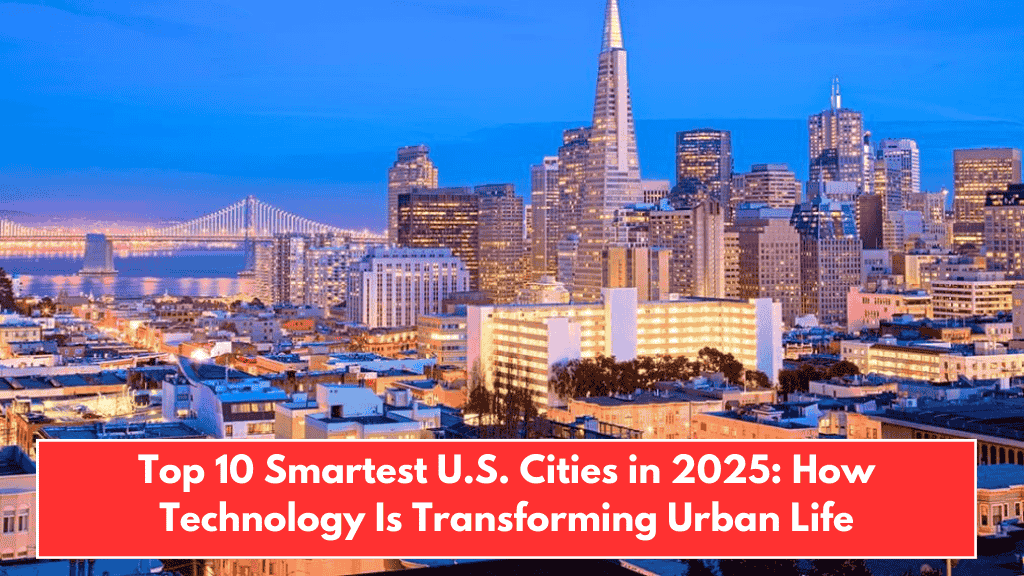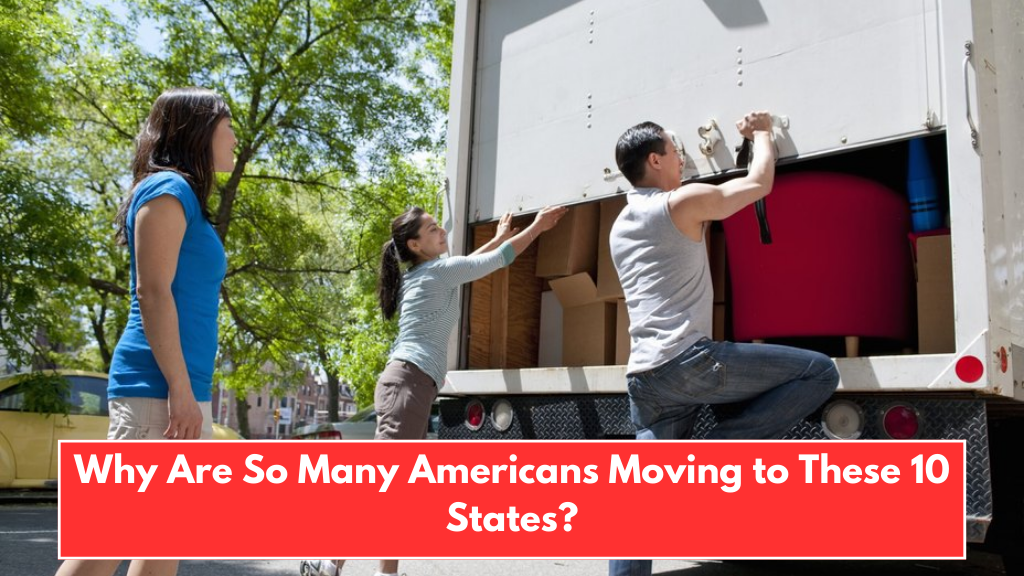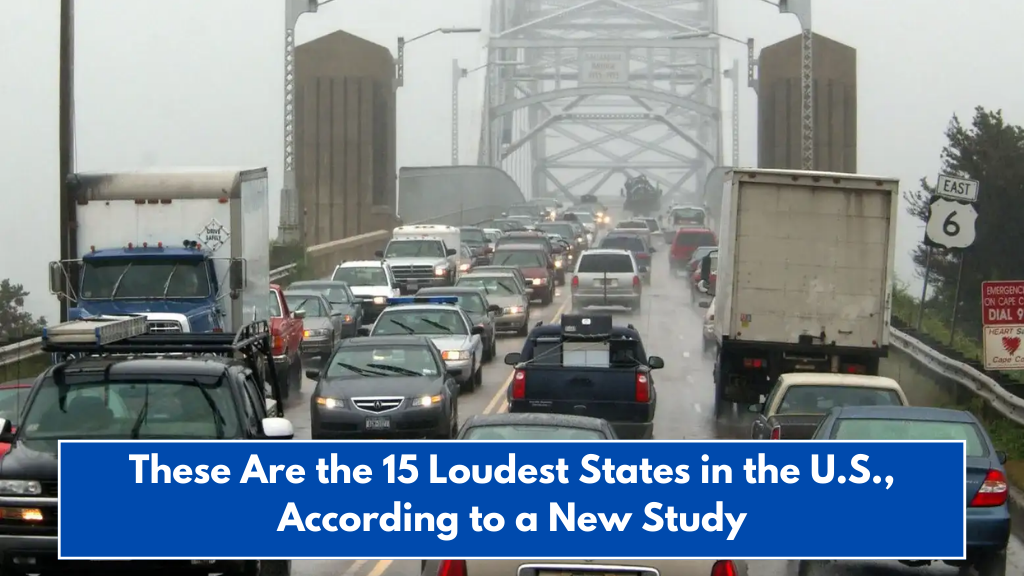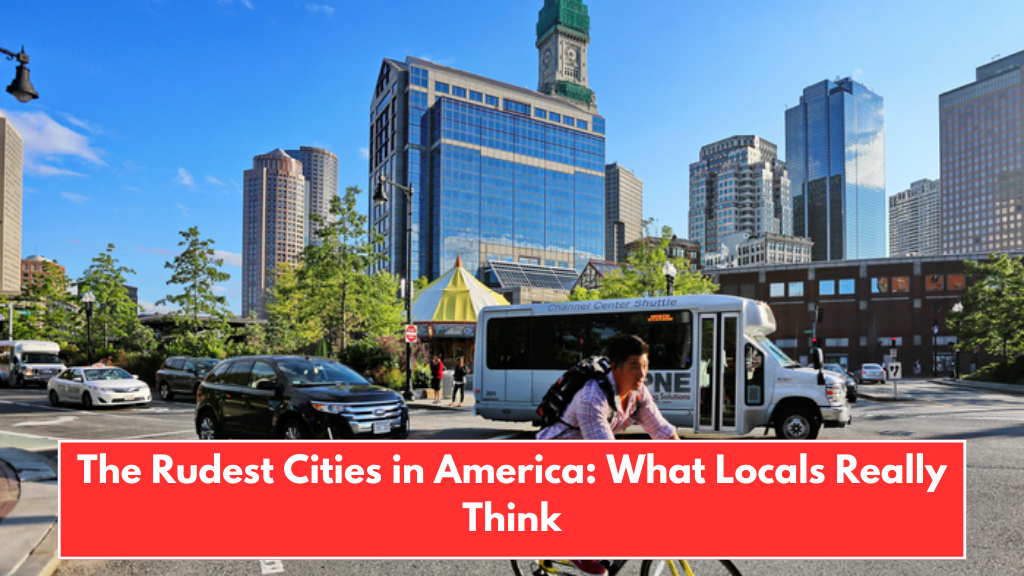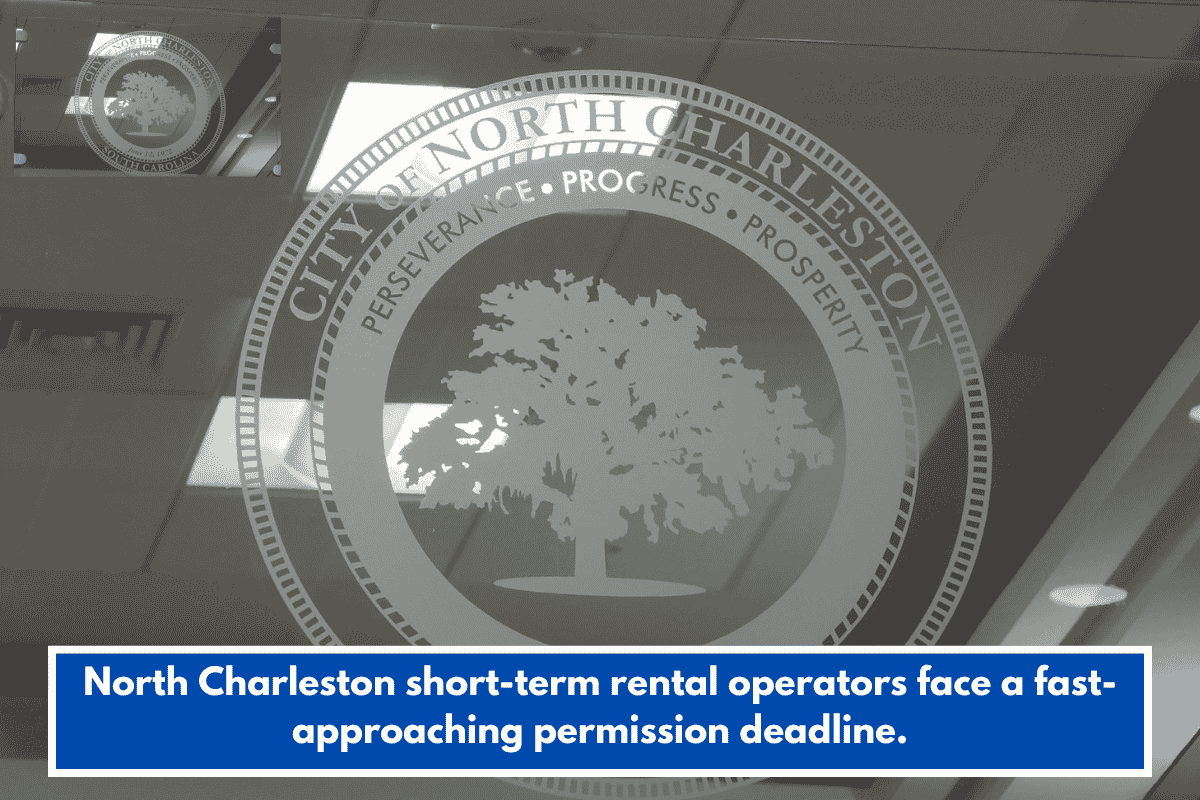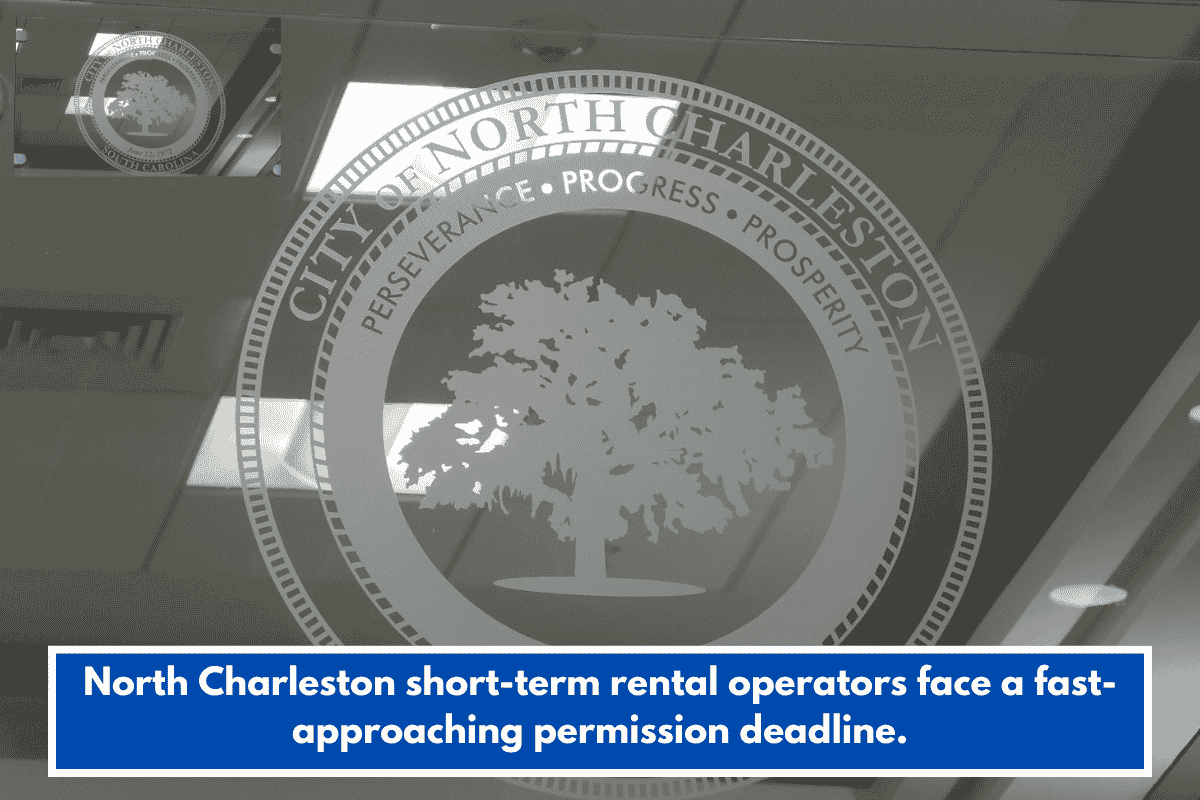The idea of “smart cities” is no longer something from the future—it’s happening right now. Across the United States, cities are using technology, eco-friendly planning, and smart infrastructure to make life better and more efficient for people.
A recent study by CoworkingCafe looked at over 370 U.S. cities using 13 key factors, including the presence of AI and IoT companies, Wi-Fi hotspots, green transport, job opportunities in tech, and zero-waste programs.
Each city was scored under three categories:
- Smart Infrastructure & Connectivity (45%)
- Sustainability & Green Initiatives (35%)
- Tech Job Market (20%)
Let’s look at the top 10 smart cities in America for 2025.
West Coast and Northeast Lead in Smart City Growth
California dominates the list, with four cities in the top 10. The Northeast, especially New York and Washington, D.C., also performs strongly, using smart technology to improve transit, sustainability, and digital services.
1. San Francisco – 70 Points
San Francisco ranks as the smartest city in the U.S. It leads in tech innovation and job opportunities, with nearly 40 out of every 1,000 jobs in the tech field.
It has the highest number of AI and IoT companies, 70 coworking spaces, and 149 free Wi-Fi hotspots. The city promotes electric vehicles (EVs) and offers discounts and incentives for EV users.
With smart transport, high-speed internet, and digital inclusion programs, San Francisco is a true smart city leader.
2. New York City – 62 Points
New York City is known for its fast-paced life and now its smart city transformation. It offers the most coworking spaces in the U.S. (379) and 162 free Wi-Fi zones.
With 276 AI companies, 6 major airports nearby, and strong EV policies, New York leads in both global connectivity and sustainability.
Projects like LinkNYC (free public Wi-Fi kiosks) and the Smart City Testbed Program show how NYC uses technology to serve its people.
3. San Jose – 55 Points
San Jose, the heart of Silicon Valley, is home to big names like Apple, Google, and Adobe. It has the highest number of advertised tech jobs (over 57 per 1,000).
With 575 EV charging points, 235 LEED-certified buildings, and active zero-waste goals, San Jose proves that innovation and sustainability can go hand-in-hand.
4. Washington, D.C. – 53 Points
The U.S. capital ranks fourth, known for its government-supported tech jobs and 1,964 green-certified buildings.
D.C. has 79 coworking spaces, 110 Wi-Fi hotspots, and a strong EV promotion strategy. Public transport here includes a high number of electric and hybrid vehicles, making travel cleaner and more efficient.
5. Austin – 50 Points
Austin, Texas, is booming in tech, with over 42 tech jobs per 1,000 jobs advertised. The city supports connectivity with 71 coworking hubs and 156 free Wi-Fi spots.
With 622 EV charging stations and policies to support smart infrastructure, Austin is a rising star in smart city innovation.
6. Seattle – 47 Points
Seattle scores well for digital services, with 63 coworking spaces and 175 free Wi-Fi locations.
Major companies like Microsoft and Amazon drive its tech job market. Its zero-waste programs, smart transport, and clean air make Seattle a top example of a smart and sustainable city.
7. Los Angeles – 46 Points
Los Angeles shines with the highest number of EV charging stations (1,605) in the country.
With 85 coworking spaces and 98 Wi-Fi zones, LA supports creative and tech industries alike. The city is also home to many AI-focused companies and six major airports for global travel.
8. Boston – 44 Points
Boston is strong in sustainability, with 489 green-certified buildings and 521 EV charging stations.
The city’s programs like the Boston Green New Deal and Smart City Playbook focus on digital transformation and reducing carbon emissions.
9. San Diego – 39 Points
San Diego has 757 EV stations and offers clean air, good tech job opportunities, and 75 coworking spaces.
Its smart water systems, traffic solutions, and eco-friendly transport make San Diego a well-rounded smart city.
10. Philadelphia – 38 Points
Philadelphia closes the top 10, with 78% of its public transportation being electric or hybrid—one of the highest in the country.
With 58 coworking spaces, 75 Wi-Fi zones, and a solid broadband network, Philly shows strong progress. It also focuses on smart lighting and traffic systems to improve urban life.
These 10 cities are using technology, data, and sustainability to make everyday life smarter, cleaner, and more efficient. From AI innovation to green public transport and public Wi-Fi, the future of urban living is already here.
If you’re planning to move or invest in a city that focuses on innovation and sustainable growth, these smart cities are worth considering.

